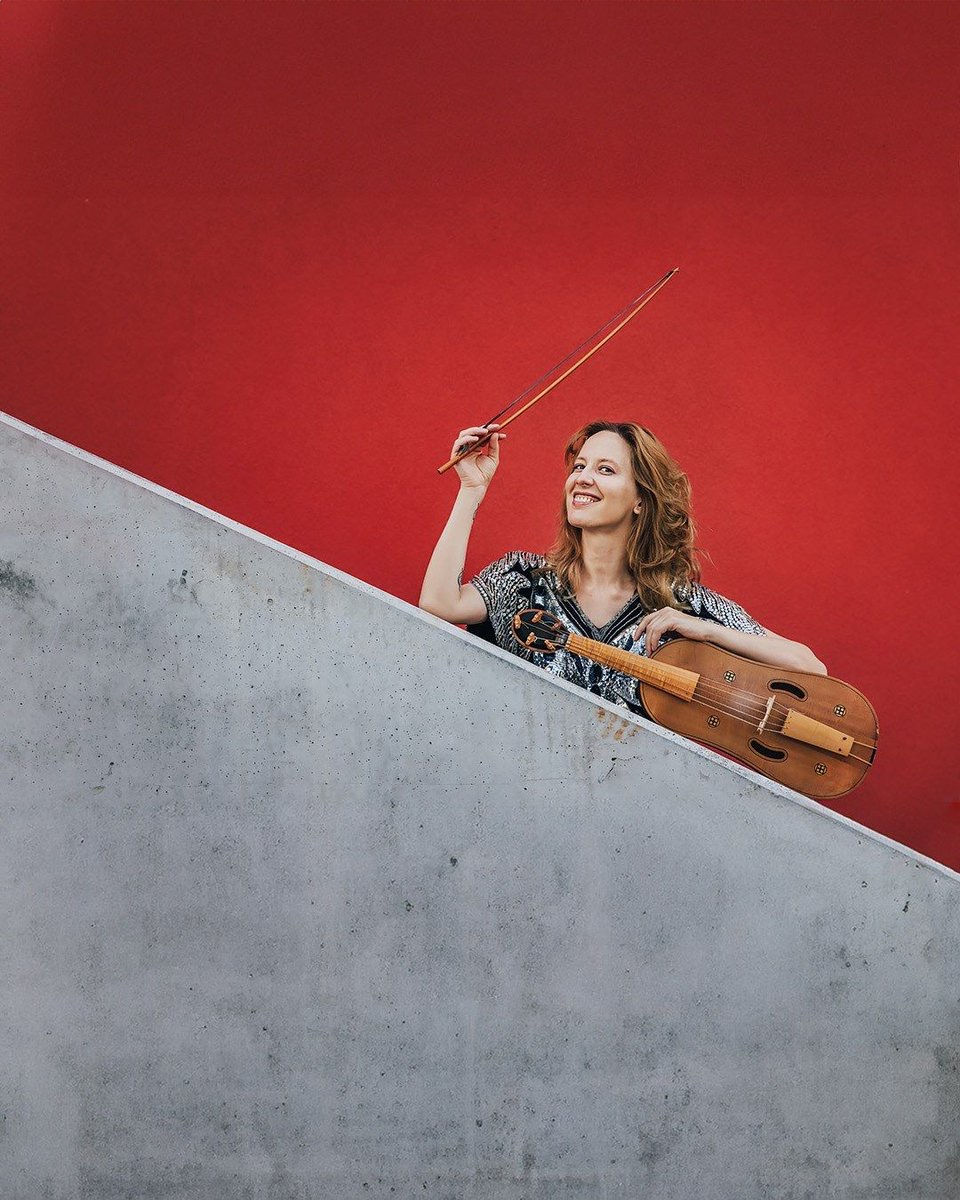University of York Choir and Symphony Orchestra, The 24, York Minster, Saturday 8 June 2024
- Steve Crowther

- Jun 10, 2024
- 2 min read

Well, as the MOD football pundits might say, this was a game of two halves. Despite the obvious musical intelligence and quality on offer, I struggled with the performance of Mozart’s Mass in C minor. It is a large-scale work scored for two soprano soloists, a tenor and a bass, double chorus and large orchestra. This coupled with the nature of Mozart’s musical dialogue meant that I simply could not hear all of the detail thanks to this very generous Minster acoustic. There was, however, much to admire. Elspeth Piggott’s soprano solo in the Christie was impressive, though I lost some of the lower register. The fine, crisp string playing in the Gloria. Soprano Rebecca Lea, a last-minute substitute for Helen Neeves, sang the Laudamus te with real assurance, though again I lost some of the lower register. More rewarding was when the two singers combined forces in the Domine Deus – tender exchanges and reassuring support. The following Qui tollis was also satisfying with Mozart using a double chorus underpinned by a pulsating dotted rhythm ostinato. The highlight was always going to be Et incarnatus est simply because of the intimacy of the scoring: soprano solo, solo flute, oboe and bassoon. Well, that and the quality of Ms Piggott’s performance of this operatic aria. Elspeth Piggott and Rebecca Lea were joined by tenor James Beddoe and bass Patrick Osborne for a very fine Benedictus before the recap of the fugal Hosanna, signing off the performance with aplomb.
And so, to the second half.

Well, as vocal musical experiences in the Minster go, it doesn’t come much better than the excellent The 24 directed by Robert Hollingworth singing Bruckner’s Locus iste and Christus factus est motets. These are not the most technically demanding of works but, nevertheless, we were royally treated with performances of clarity, balance, detail and very real musical insight. The Minster acoustic loved it and, as a consequence, so did we. This was followed by an inspired bit of programming with Elgar’s rarely heard Elegy op. 58. Well I’ve never heard it anyway. The performance revealed a delightful jewel of a work intimately scored for string orchestra. To be sure, there were echoes of Nimrod, evidently his friend August Jaeger had died one month earlier, but it worked just fine in and of its own terms. Quite poignant actually.
The concert closed with a full-bodied performance of Bruckner’sTe Deum in C,superbly marshalled byconductor John Stringer. Due to the cleaner, predominantly homophonic nature of Bruckner’s setting the experience was much more rewarding than the Mozart. The textures were less busy. Having said that, the sound world had a monumental quality: full-on tonal building blocks of sound augmented by the organ blasts of affirmation; a “cathedral of sound”. This is, after all, a deeply religious work. There were moments of tranquillity, glimpses from within: the wonderful quartet of soloists - Elspeth Piggott, James Beddoe and Patrick Osborne who were now joined by mezzo-soprano Helena Cooke. It was such a welcome relief to actually hear all the detail; a tender tenor solo with telling solo violin commentary (Michael Capecci). However the work ended as it had begun, in triumphant affirmation and splendour. I thought the sheer volume of sound might blow the Minster roof off, it certainly brought the house down.



Comments